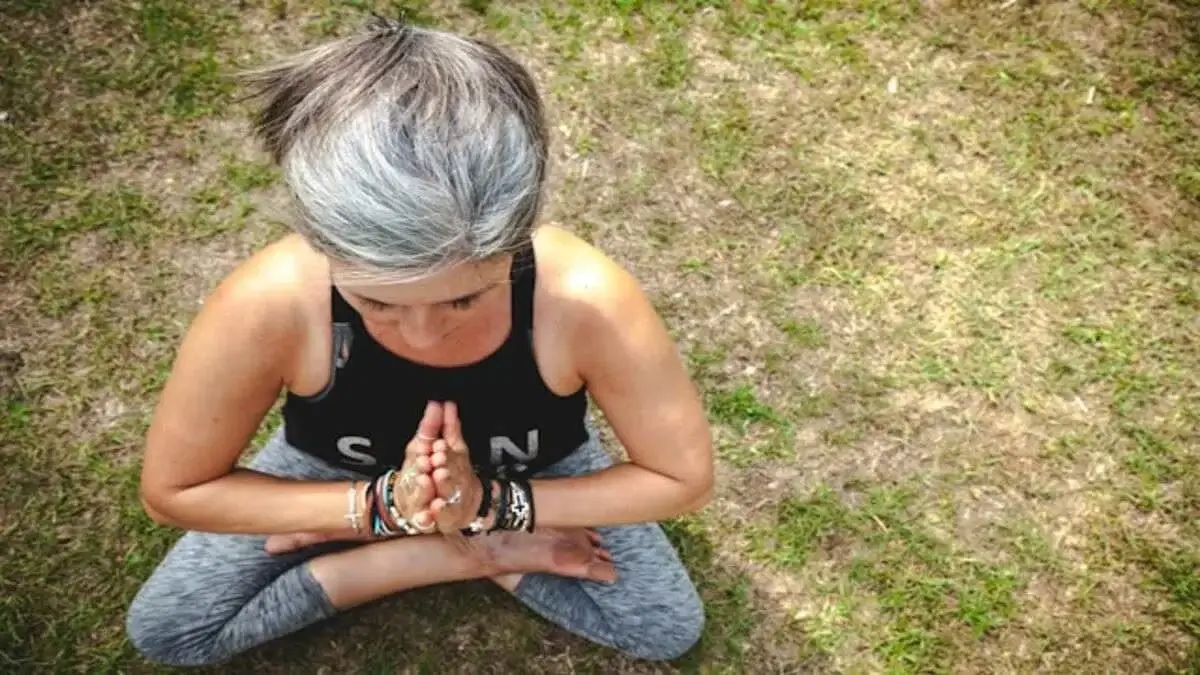HEALTH AND FITNESS
Keeping Your Mind and Body in Top Shape as You Age

The life expectancy for people is increasing in the US, with the US Census Bureau reporting that in 1920, one in twenty people were aged 65 or older. By 2020, the number had increased to one in six. Living longer means you get to spend more time with loved ones, dedicate time to your passions, and travel the world if you desire. In order to make the most of this free time, it is vital to maintain your physical and mental health and achieve a goal that is widely known today as “successful aging.” While your genetics play a role in how you age, your lifestyle choices can make a big difference as well. Fortunately, there are many steps you can take to ensure that you live each day to the fullest.
Table of Contents
What Physical and Mental Conditions Increase as We Age?
Good health starts by identifying the specific risks affecting each age group. In one’s senior years, the risk for specific conditions rises. Some of the most common of these include bone density loss, joining issues, cardiovascular and lung function decline, hearing and vision problems, digestive system changes, and an increased risk of chronic conditions like cancer, heart disease, stroke, and diabetes. Among the mental issues that increase with age are cognitive decline, dementia, depression, anxiety, and a higher susceptibility to grief and emotional distress.
Prioritizing Mental Health
Because seniors can be more vulnerable to mental health conditions, it is vital to tackle this issue proactively. Social connection is particularly important for people in this age group, as it helps them tackle social isolation and loneliness. Example strategies include joining community support groups, signing up for an education course, and seeking short term respite care. The latter is useful for seniors who live independently but wish to connect with others, as well as access therapies such as physical and occupational therapy and cognitive health workshops and activities. If you are a senior and you think you have anxiety, depression or another mental condition, receiving a diagnosis and following a doctor-recommended programme can help you see life through a more positive lens and be more motivated to form part of local groups where you can meet other people who are interested in making a connection.
Embracing a Healthy Diet
Eating healthily is a key pillar of healthy aging. The National Institutes of Health recommends that seniors consume a variety of foods from each food group to help reduce the risk of developing heart disease, diabetes, and high blood pressure. The Mediterranean Diet, with its focus on lean proteins, fruits and vegetables, and healthy fats, is an easy yet delicious place to start. Aim to choose whole foods instead of refined products, and prioritize those with no added sugar, saturated fats, or sodium. Make sure to include Vitamin B12-rich foods like shellfish, fish, fortified plant-based milks, and fortified cereals in your diet. These are essential for nerve function, DNA synthesis and the production of red blood cells. As people age, they develop a higher risk of Vitamin B12 deficiency because they produce less stomach acid, which is necessary to release B12 from food. The body also becomes less efficient at absorbing B12 from food as we age. Finally, many medications (such as some diabetes medications and proton pump inhibitors) interfere with B12 absorption. Seniors who lack B12 in their diet should consider seeing their doctor about the suitability of taking supplements.
Staying Physically Active
Exercise is important for seniors for numerous reasons. It improves cardiovascular health, keeps you mobile and flexible, and strengthens your muscles and bones. Specific activities such as yoga, chair yoga, Pilates, and wall Pilates can all help you improve your balance and reduce your fall risk. Exercise can also promote better cognitive function and memory and reduce the risk of dementia or Alzheimer’s disease. Study after study has additionally shown that exercise boosts mood and curbs stress, which makes it a great ally in the fight against anxiety and depression. The Centers for Disease Control and Prevention recommends that adults aged 65 and older partake in at least 150 minutes of moderate-intensity exercise per week, or 75 minutes of vigorous-intensity exercise. At least two days of the week, they recommend activities that strengthen muscles. They also suggest that seniors take part in exercises that improve balance. If you are looking for a safe, stable workout, try chair yoga or Wall Pilates. These workouts help improve strength, balance, flexibility, and mobility, while providing you with extra safety and stability.
People are living far longer in current times than in decades past, indicating the need to prioritize lifestyle changes that promote “successful aging.” Physical and mental health are inexorably linked, so it is important to tackle both. For older persons, exercise, a healthy diet, and staying active can all help ensure a happy and healthy life, one in which there are countless experiences to enjoy and memories to be built.
-

 GENERAL2 months ago
GENERAL2 months agoUncovering the World of кинокрадко: The Dark Side of Film Piracy
-

 GENERAL1 month ago
GENERAL1 month agoUnveiling the Art of преводсч: How Translators Bridge Language Barriers
-

 GENERAL3 weeks ago
GENERAL3 weeks agoChristofle – For Those Who Dream of Family Heirloom Silver
-

 YOGA1 year ago
YOGA1 year ago4 Person Yoga Poses for Beginners


























